Webinars - Norwegian Research School of Global Health
Webinars

Time: Wednesday morning at 9.00 am-10:00 am
Place: Webinar – Zoom, Registration.
The program for these webinars will be about 30 min presentation and 15 min of group discussions, 5 min summary.
Webinar #1-23: How to publish in a high impact journals
19th April

Moderator: Roosa Sofia Tikkanen, PhD at Norwegian University of Sciences and Technology (NTNU)
Content: Pooja Jha, Editor-in-chief of The Lancet Regional Health - Europe
Joining us for an exciting webinar to discuss the ins and outs of getting published in one of the most prestigious medical journals in the world and how the journal works to make a difference.
The webinar is open to PhD candidates who are interested in publishing their work in The Lancet portfolio of journals. It will be an excellent opportunity to ask questions and gain insights of the evaluators thinking.
Jha joined The Lancet as the founding Editor-in-Chief of The Lancet Regional Health – Europe in October 2020, based in The Lancet Munich office. Prior to this role, she worked at Nature Research in Berlin as an editor of Nature Metabolism and contributed to the launch of the journal since 2018.
Register for the webinar:
https://www.ntnu.no/machform/view.php?id=1370880
Previous webinars
Webinar #1-22: Research ethics in complex setting
5th January
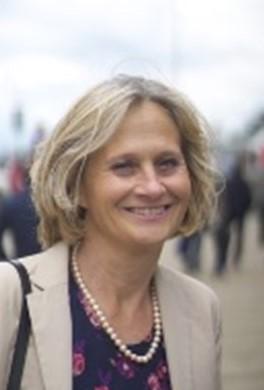
Moderator: Turid A Wæhler, PhD at UiT - The Arctic University of Norway
Content: Research ethics in complex setting by Ragnhild Dybdahl, Norwegian Institute of Public Health (NIPH)
In this this webinar Ragnhild will discuss ethical questions when doing research on sensitive topics (especially mental health and psychosocial wellbeing), with potentially vulnerable populations, in humanitarian or other complex settings. She will share research and guidelines, as well as experiences from own research, and suggest that research ethics can be a practical and helpful tool.
Webinar #2-22: Health of refugees and migrants
2nd February
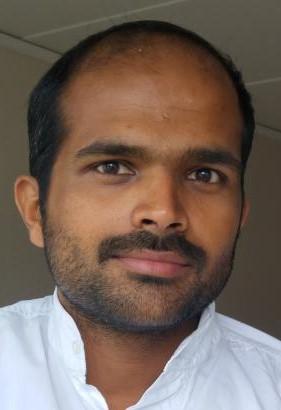
Moderator: Bernadette Kumar, Norwegian Institue of Public Health (NIPH)
Content: Health of refugees and migrants by Soorej Jose Puthoopparambil, Uppsala University
This webinar will give a brief overview of health status of refugees and migrants and discuss the health challenges that exist during the various phases of migration. The talk will also present some solutions that exist to address some of these concerns.
Webinar #3-22: How to meet criticism in academia?
2nd March
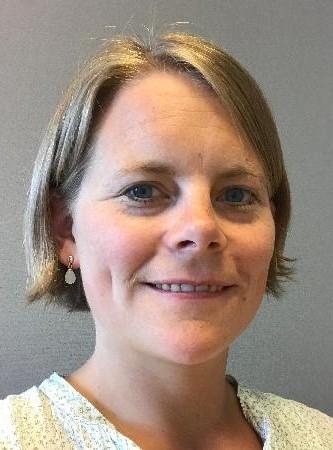
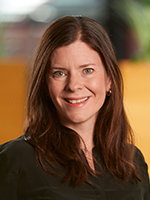
Moderator: Ane-Marthe Solheim Skar, Norwegian Institute of Public Health (NIPH)
Content: "Cooling in low resource settings: do we have the answer? My experience on being criticized in academia and writing a correspondence letter (without being emotional)" by Karoline Aker, PhD-candidate at Norwegian University of Technology and Sciences.
"Independence and integrity of global health research?" by Katerini Storeng, SUM, University of Oslo
This webinar will focus on experience being criticized for the research you have done and how to handle it. Will also discuss the experience of censorship in evaluation research for global health. How to protect the independent and integrity with research funding from major donor agency?
Lancet : https://www.thelancet.com/pdfs/journals/lancet/PIIS0140-6736(19)30429-5.pdf
BMJ Global Health: https://gh.bmj.com/content/4/3/e001746.long
Webinar #4-22: Project management for PhD students
6th April
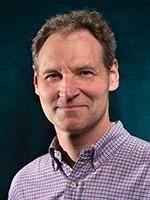
Moderator: Prof. Thorkild Tylleskär, University of Bergen
Content: Project management for young researchers by Flemming Konradsen, University of Copenhagen, Denmark
This webinar will focus on project management in research for PhD-students to becoming an independent research leader.
Webinar #5-22: Conversation with Renzo Guinto on the decolonizing power of planetary health
4th May - Postponed until autumn 2022.
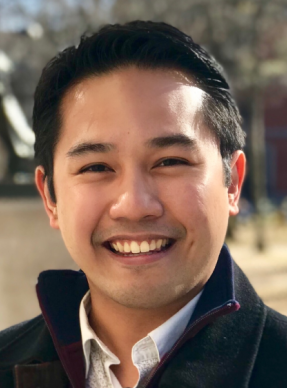
Moderator: Turid A Wæhler, PhD at UiT - The Arctic University of Norway
Content: Dr. Renzo R. Guinto, an emerging health leader who is a staunch advocate for both decolonizing global health and advancing planetary health, will in this lecture reflect on the tight linkages between the two discourses, share about his work in the Philippines and Southeast Asia, and present a positive vision for the future of health that is both decolonized and aligned with planetary health principles – from the perspective of the next generation.
Recording here:
Per Fugelli Lecture 2021: The decolonizing power of planetary health
Renzo Guinto gave a lecture in UiO in December. We would like you to watch this lecture in advance, and then we will spend the session through an interactive discussion.
Please, preper some questions for the presenter :-)
Postponed until autumn 2022.
Webinar #7: Preparation for defense
1st September
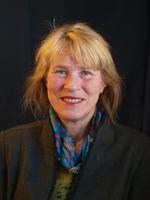
Moderator: Turid A Wæhler, UiT
Content: “How to write up your thesis – Kappa” and "How the PhD-committee works and challenge your research topic” by Johanne Sundby, UiO
Webinar #8: The editors view
6th October
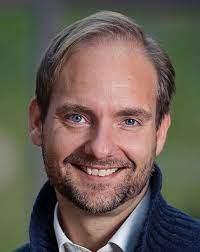
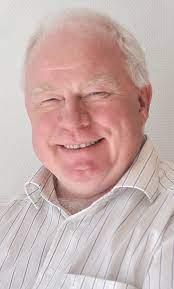
Moderator: Jon Øyvind Odland, NTNU
Content: “From the editors perspective – does and don’ts to get your article published” by Terje Andreas Eikemo, NTNU
Terje Andreas Eikemo is Chief Editor of the Scandinavian Journal of Public Health and will give you some advises. Jon Øyvind Odland is Editor for International Journal of Environmental Research and Public Health, IJERPH and will supplemnet with his perspective.
Webinar #9: Advocating for your topic
3rd November

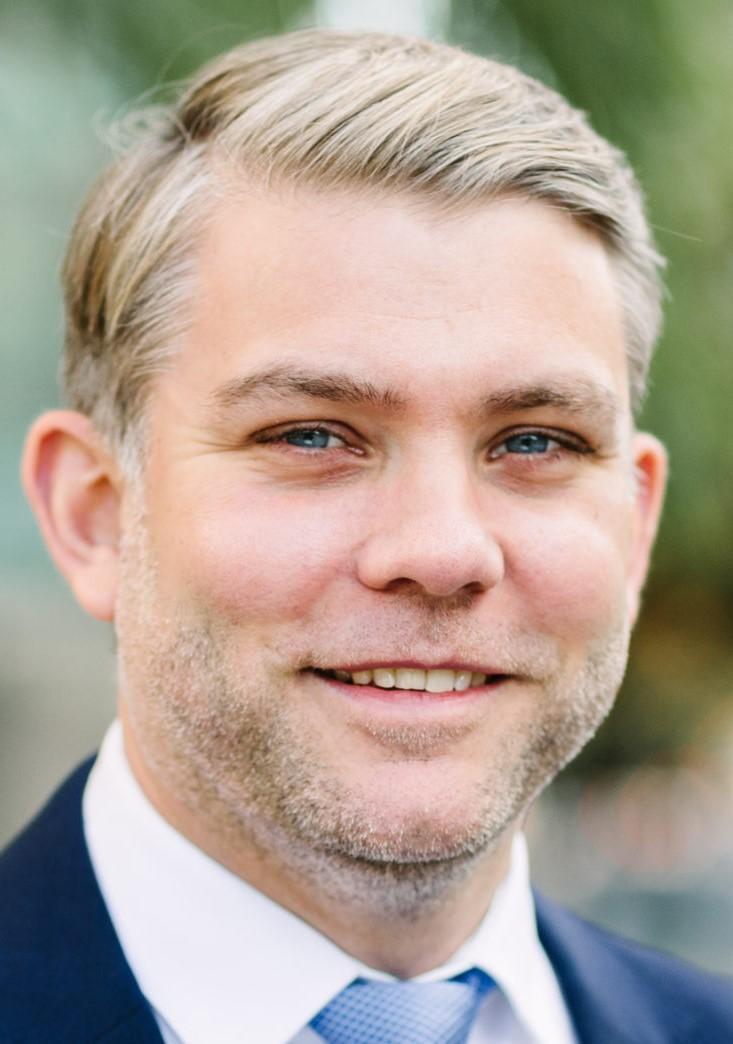
Moderator: Jon Øivind Odland, NTNU
Content: “Advocating your topic to politicians and policymakers” by Ragnhild Dybdahl, OsloMet and Kim Gabrielli, UN Global Compact Norway
Some of the tasks that will be dicussed during the webinar is: How can research influence policy? Advocacy experiences from clinical, research, governmental and non-governmental contexts. But also research impact on policy proposals and implementation.
Ragnhild Dybdahl is currently associate professor of global mental health at Center for Crisis psychology, Faculty of Psychology, University of Bergen, and associate professor of psychology at Oslo Metropolitan University.
She started her international work as an NGO worker in Bosnia in the 1990s. She has worked in leadership and international development cooperation for many years. She was head of education at the Regional Centre for Child and Adolescent mental health, Oslo, director of education and research in Norad, the Norwegian agency for interntional development cooperation. Her international experience includes work in Somalia, Bosnia, Guatemala, Vietnam, Sudan and Niger. As a diplomat she served four years as the deputy head of mission to Hanoi.
Kim Noguera Gabrielli is CEO of UN Global Compact Norway. The UN organization for sustainable business and the largest sustainable corporate initiative in the world. Gabrielli was formerly the Deputy Executive Director of the UN Children’s Fund, UNICEF Norway and has worked at UNICEF’s headquarters in New York. Gabrielli has longstanding experience in the field of sustainability, business and international cooperation. Gabrielli holds a Masters in Migration, Religion and Languages from the University of Munich.
Webinar #10: Emergency response
1st December
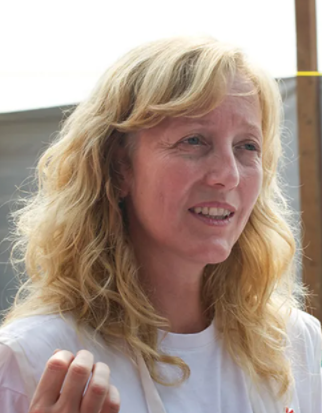
Moderator: Øyunn Holen, Gjøvik Hospital and Mèdecins Sans Frontières (MSF)
Content: "Emergency response in forgotten humanitarian crisis and in acute complex emergencies" by Lindis Hurum General Director of Medecins Sans Frontieres, Norway
Lindis Hurum went from making entertainment programs like “Do you want to be Millionaire?” to become field worker in Doctors Without Borders. For the past fifteen years, she has been central to relief efforts in major disasters and forgotten crises, from the earthquake in Haiti to the civil war-stricken Central African Republic, efforts to help Ebola sufferers in Liberia and rescue boat refugees in the Mediterranean.
Lindis Hurum published the book "There are no others, it's just us”. Here she writes closely about human encounters that reinforce the belief that what connects us together is much more important than what sets us apart; being healthy, safe and with those we love.
She holds a Master's degree in Disaster Management from the University of Copenhagen.
She was named “Bravest Woman of the Year” by Tara magazine in 2014 and “årets ildsjel” of KK Magazine of the Year in 2015
In October 2021, she was appointed the new Secretary General of Doctors Without Borders in Norway.

14th Januar (Thursday 9:30-10:30):
Moderator: Elisabeth / Elodie
Scientific content: Emil Øversveen, NTNU
“Health inequalities and global health research workshop”

17th Februar:
Moderator: Johanne Sundby, UiO
Scientific content by Katerini Storeng and Antoine de Bengy Puyvallèe (PhD), UiO
"The global health enterprise: unpacking competing interests in the governance of global health"
This webinar will discuss the rise of public-private partnerships as a main governance mechanisms for addressing global health challenges, from Gavi, the Vacinne Alliance to the Global Fund and the recently created Access to Covid-19 Tools Accelerator (ACT-A). We will unpack the pros and cons of such partnerships and the competing interests at play. The webinar will draw on the speakers’ decade of critical social scientific research into global public-private partnerships for health, including the ongoing Norwegian Research Council-project Public-private cooperation in Norway’ pandemic preparedness and response (Public-private cooperation for pandemic preparedness (PANPREP) - Centre for Development and the Environment (uio.no))

24th March:
Moderator:
Scientific content: Thorkild Tylleskär, UiB
“How to make good figures and tables in scientific publication”

15th April (Thursday) at 11:00 - 12:30
Moderator: Elisabeth Darj, NTNU
Sceintific content: Daniel Soule is a freelance academic and director of Grammatology, a training organisation specialising in supporting academic researchers as they write and publish.
"The 100 Word Abstract Method: a powerful and simple planning and editing technique"
One picture note from the webinar

20th May (Thursday):
Moderator: Johanne Sundby, UiO
Scientific content: Ane-Marthe Solheim Skar, Researcher II at Norwegian Centre for Violence and Traumatic Stress research (NKVTS)
"Implementation research"
Translation of research into regular practice remains a challenge. Implementation research holds promise to enhance the uptake of evidence-based practices into regular care through identifying effective implementation strategies. This webinar will address the role of implementation research in a global mental health context.


16th June:
Moderator: Thorkild Tylleskär, UiB
Sceintific content: Kjell Arne Johansson, UiB and Øystein Ariansen Haaland, UiB
"Fair pathways towards Universal Health Coverage (UHC) in resource constrained settings - priority setting and benefit package design"
Kjell Arne Johansson has extensive experience in population ethics research, where he has been engaged in developing innovative methods for fair priority setting in global health and applying them to low and high-income country settings. His key areas of expertise include population ethics and distributive implications of health care, including economic evaluations, equality of health outcomes and financial risk protection.
Øystein Ariansen Haaland is a professor of medical statistics at the Department of Global Public Health and Primary Care and a member of Bergen Centre for Ethics and Priority Setting (BCEPS).
Along with professor Kjell Arne Johansson, Øystein co-leads the BCEPS work package FairChoices: Disease Control Priorities Analytic Tool, where his main responsibilities are methods development and programming. Øystein is an experienced programmer and has been doing statistical modelling for a decade and a half. He got involved with research in medical ethics and priority setting in 2013, and has been developing the priority setting tool FairChoices since 2015.
